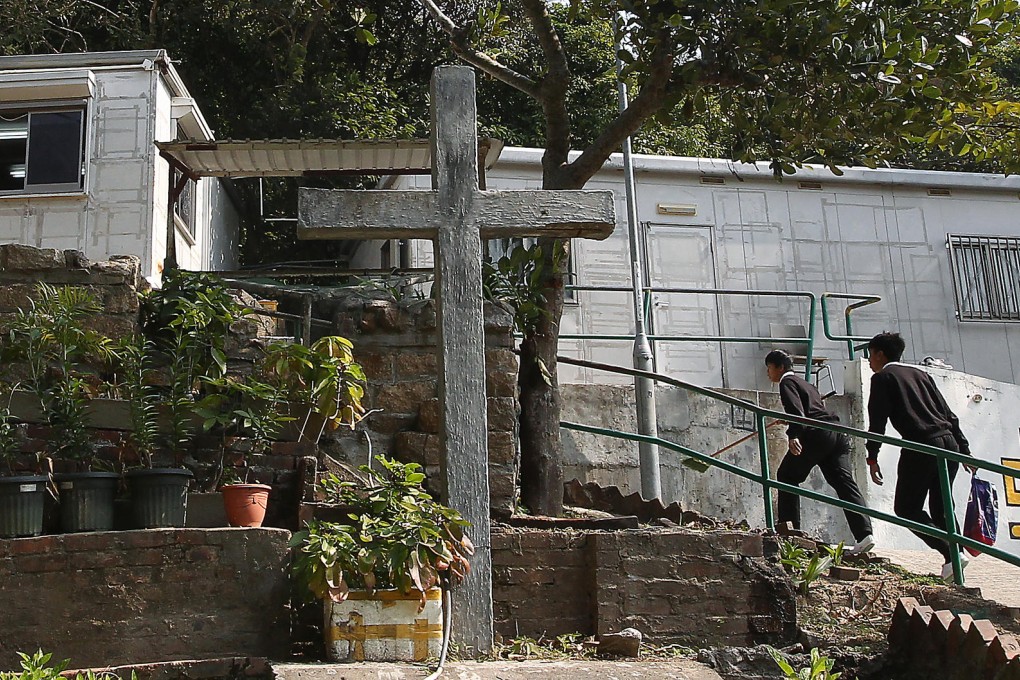Competition hots up for vacant Lantau school site
Drug rehab college now facing battle with two schools for ethnic minority children to use Mui Wo campus closed in 2007 by the government

Two new contenders have emerged in the protracted tussle over a school site in Mui Wo, on Lantau Island, which has lain idle for six years.

But the Sunday Morning Post has learned that it now faces competition from two direct subsidy schools for ethnic minority children.
A district councillor based on Lantau has confirmed that two DSS schools have been in discussions with the council and the rural committee about applying for the site.
The campus was home to the New Territories Heung Yee Kuk Southern District Secondary School until 2007, when the government closed it down because of falling enrolments.
The two DSS schools have received strong support from both the council and the committee, said Islands District councillor Wong Fuk-kan, adding they were working on proposals to submit to the government.